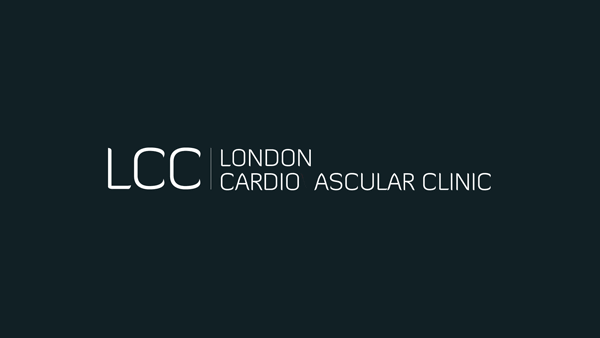The vaccines are available in the UK. Russia started marginally before the UK, with Sputnik-V in December 2020. Margaret Keenan, a 90-year-old grandmother, became the first to receive the Pfizer COVID-19 vaccine in the UK outside of clinical trials.
How do vaccines work?
Vaccines work by preparing a person’s immune system (the body’s natural defences) to defend itself against a specific disease. Most COVID-19 vaccines involves generating responses to all or part of a protein (spike protein, or protein S) that is unique to the virus (SARS-CoV-2) that causes COVID-19 disease.
When a person receives the vaccine, it will trigger an immune response. It is hoped that that response is protective, and long-lasting.
What types are there?
- Oxford/Astra-Zeneca Vaccine: ChAdOx1-SARS-CoV-2- modified common cold virus in primates- cost possibly <$4
- BionTech/Pfizer: mRNA SARS-CoV-2- BNT162b2- cost possibly $20
- Moderna: mRNA-1273 SARS-CoV-2-cost possibly $33
- Russian Sputnik V: Human adenovirus based vaccine-cost possibly $10
There are others, but the UK has bought the BionTech/Pfizer vaccine initially and is rolling out the program starting with the most at risk- those >80 yrs old. All will require two doses of the vaccine, usually 21 days apart. You will not be protected until your body has reacted to both doses.
Who should get the Vaccine?
The Joint Committee on Vaccination and Immunisation (JCVI) advises that the first priorities for any COVID-19 vaccination programme should be the prevention of COVID-19 mortality and the protection of health and social care staff. Secondary priorities could include vaccination of those at increased risk of hospitalisation and at increased risk of exposure.
The priotity list as of December 2020 was:
This priority list is as follows:
- residents in a care home for older adults and their carers
- all those 80 years of age and over and frontline health and social care workers
- all those 75 years of age and over
- all those 70 years of age and over and clinically extremely vulnerable individuals[footnote 1]
- all those 65 years of age and over
- all individuals aged 16 years to 64 years with underlying health conditions which put them at higher risk of serious disease and mortality
- all those 60 years of age and over
- all those 55 years of age and over
- all those 50 years of age and over
Should I have it if offered?
Yes- if you are in an at risk group, then the risk of the vaccine ( which is small) is worth it.
The science behind them is strong.
The exact benefit and how long immunity will last is not certain. What is certain is that COVID-19 disease can be deadly.
I have had COVID-19- am I protected?
Cases of reinfection have now been reported world-wide- either because immunity wanes, or a new strain of virus overcomes the bodys’ immune response. You should still get the vaccine if offered to you
I am pregnant- should I have the Vaccine?
There is no trial that has looked at pregnancy- the UK advises against the vaccine in pregnancy.
Characteristics of COVID-19 vaccine trials
| Moderna | Pfizer | AstraZeneca (US) | AstraZeneca (UK) | Janssen | Sinopharm* | Sinovac | |
| Vaccine name | mRNA-1273 | BNT162 | AZD1222 | AZD1222 | Ad26.COV2.S | Sinopharm vaccine | Sinovac CoronaVac |
| Target enrolment | 30 000 | 43 998 | 30 000 | 19 330 | 60 000 | 45 000 | 8870 |
| Ages eligible | 18+ | 12+ | 18+ | 5-12, 18+ | 18+ | 18+ | 18+ |
| Protocol publicly available | Y | Y | Y | N† | Y | N | N |
| Notable excluded populations: | |||||||
| Children and adolescents | Excluded | Many excluded | Excluded | 13-17 excluded | Excluded | Excluded | Excluded |
| Immunocompromised patients | Excluded | Excluded | Excluded | Excluded | Excluded | Excluded | Excluded |
| Pregnant or breastfeeding women | Excluded | Excluded | Excluded | Excluded | Excluded | Excluded | Excluded |
| Endpoints undergoing formal study‡: | |||||||
| Prevention of symptomatic disease in vaccine recipient | Y | Y | Y | Y | Y | Presumably§ | Y |
| Reduction in severe covid-19 (hospital admission, ICU, or death) | N | N | N | N¶ | N | N | N |
| Interruption of transmission (person to person spread) | N | N | N | N | N | N | N |


